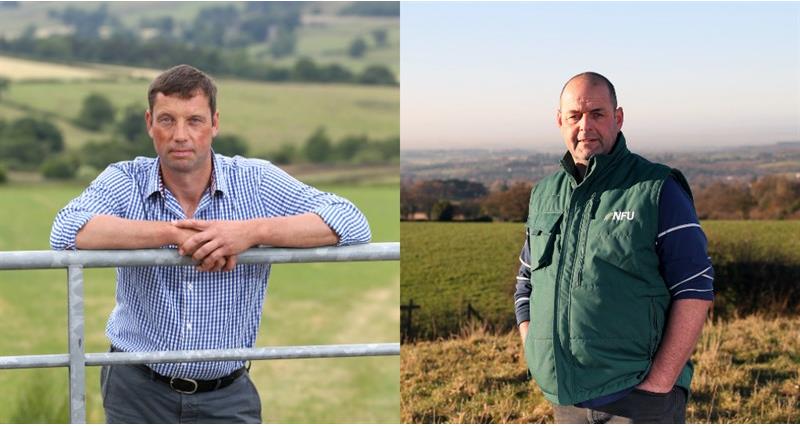Reading ‘Health professions call for climate tax on meat and dairy’, taxing specific food products is a regressive approach to dealing with environmental and health issues; all it would do is restrict people’s choice and penalise British livestock and dairy businesses which are already producing climate-friendly food.
Plant-based foods are not always the more sustainable option, especially when considering where and how they are produced, the availability of natural resources and the potential impacts on biodiversity. Also, the nutrient density is often higher in meat and dairy than plant-based alternatives and therefore less may be needed for the same nutritional intake, which is important to consider when comparing the environmental impact of products.
Meat and dairy production, and their greenhouse gas emissions, differ hugely across the world, and in the UK beef emissions are half that of the global average. We rear cattle on a predominantly grass-based diet and graze them on land that acts as a significant carbon store.
What’s more, British farmers are already taking voluntary action to further reduce their climate impact, working towards net zero agriculture by 2040. We know people really value the highly nutritious, climate friendly red meat and dairy products we produce here and we can and want to deliver even more when it comes to climate-friendly food.
Richard Findlay, NFU livestock board chairman
Michael Oakes, NFU dairy board chairman
